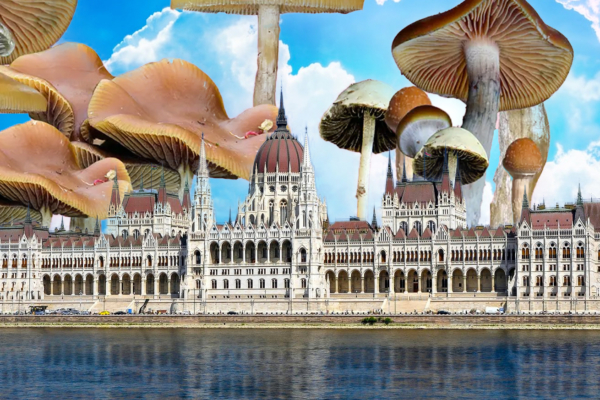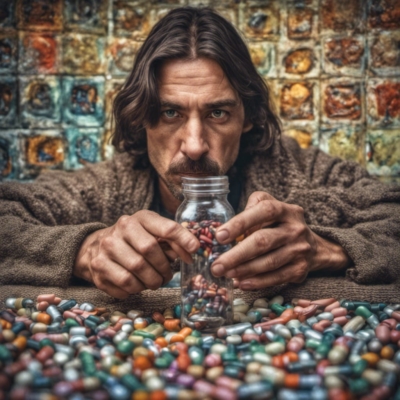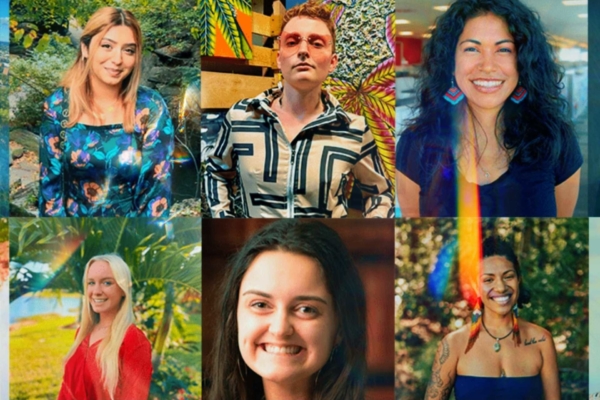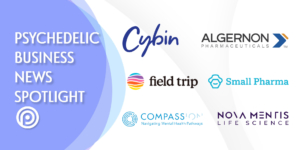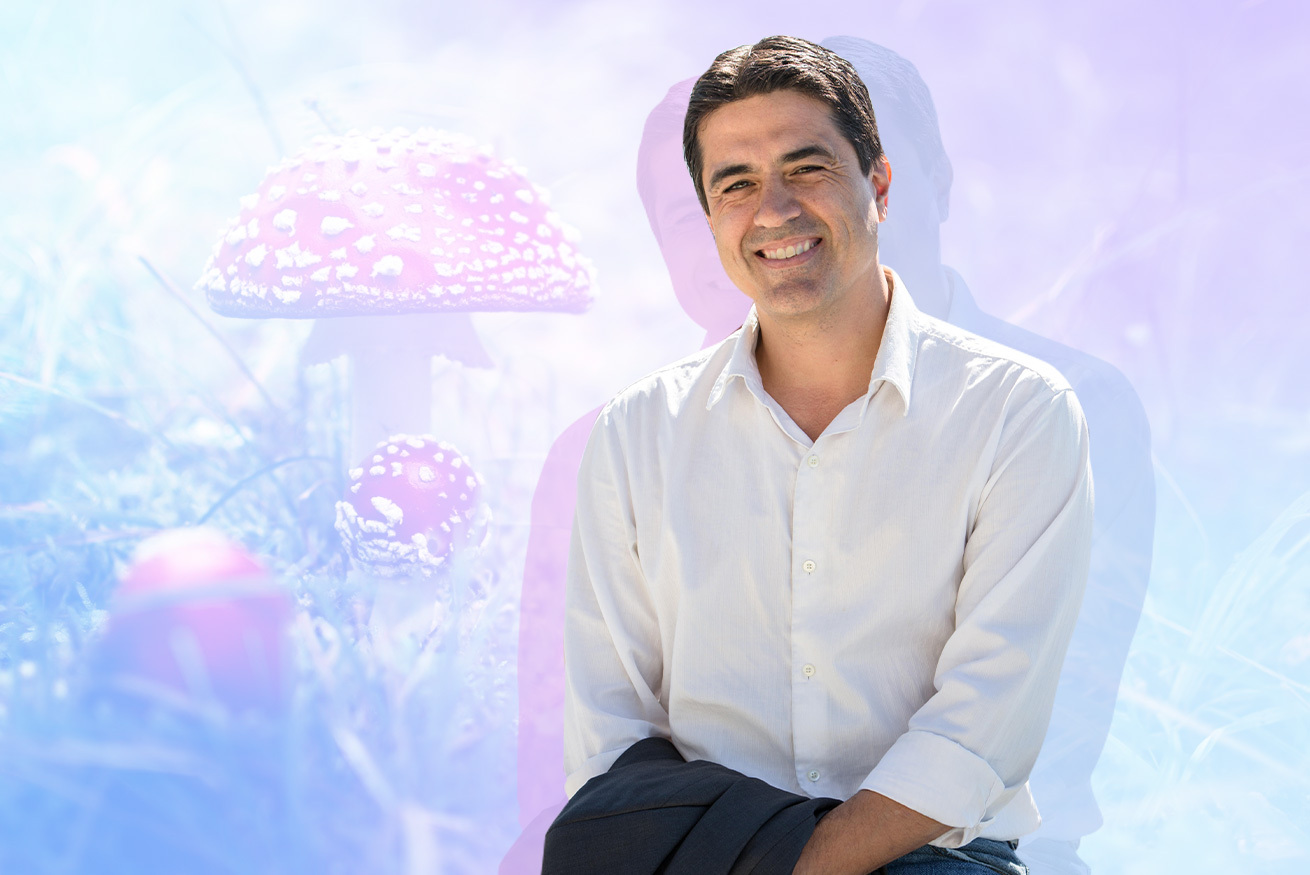
Carlos Plazola tripped on a heroic dose of magic mushrooms and then created the movement to decriminalize all of nature’s psychoactive plants and fungi.
Well, sort of.
Decriminalize Nature, the educational campaign that’s helped eight U.S. cities successfully push legislation to decriminalize entheogens, and inspired countless other cities and states to work toward similar efforts, was created shortly after Plazola had a profound psilocybin experience.
But the impetus for the campaign was born out of Plazola’s lifelong search for a deeper meaning in his life. “The sacred spirit, if you will,” he tells Psychedelic Spotlight. It was a 35-year exploration that drove him to study biology, pursue a master’s in environmental science, work in social justice and politics, become a real estate developer, and spend countless hours in meditative thought.
Then he read Michael Pollan’s book, How to Change Your Mind, and he learned of the promise nature’s psychoactive plants and fungi held. That led him to try the megadose of psilocybin in 2018 in search of answers to his deepest questions. And answers, he got. “It really connected me with what I’d been searching for my whole life,” he says.
“I always said that I would tell people I believe in God when I see him or when I meet her. And that’s pretty much what happened to me in that journey. I found the interconnectedness of everything,” he says. “I consider myself blessed to have found these gifts from nature.”
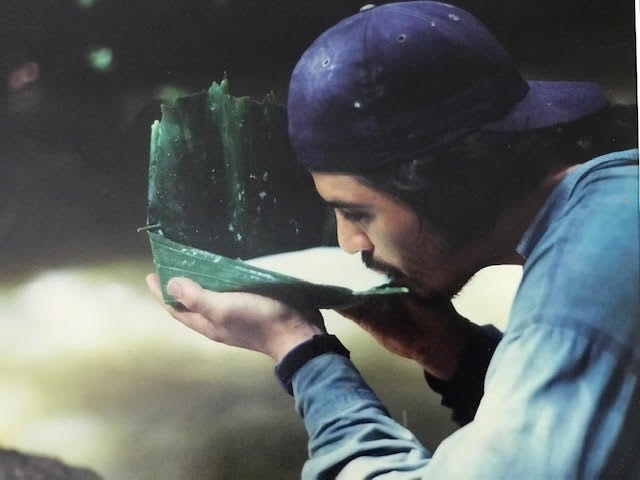
Freeing the Entheogens
Enlightened by his mushroom journey, Plazola knew these gifts needed to be shared. He teamed up with Larry Norris, PhD, executive director and co-founder of the San Francisco-based nonprofit ERIE (Entheogenic Research Integration & Education), and formed Decriminalize Nature with a goal of pursing decriminalizing efforts in the U.S. with “love, compassion, and abundance,” Plazola says.
The group made the distinction of separating nature-made entheogens (such as psilocybin, ibogaine, and ayahuasca) from synthetic psychedelics (like MDMA and LSD) because they are more accessible. All people, regardless of their income, can cultivate these plant and fungi hallucinogens, harvest them for themselves, and share them with others.
Decriminalization wasn’t an impossible dream. There were signs that the shroud that covered psychedelic medicine since the War on Drugs had taken effect was beginning to lift, thanks in part to scientific studies that were beginning to reveal the therapeutic benefits of the medicines. For example, the U.S. Food and Drug Administration declared MDMA a breakthrough therapy for the treatment of post-traumatic stress disorder (PTSD), and psilocybin for the treatment of depression.
The group’s initial plan focused on the city of Oakland because Plazola had served as a longtime aide to former Oakland City Council President Ignacio De La Fuente and knew all the council members. The first sign of hope came in May 2019, when Denver, Colorado, voters narrowly approved a ballot initiative to prohibit police from spending any resources to prosecute people for their use or possession of psilocybin, making Denver the first U.S. city to decriminalize a psychedelic substance.
By then, Decriminalize Nature was already working to change Oakland lawmakers’ opinions about entheogens. The organization brought more than two dozen people to testify in front of city counselors about their healing experiences with psilocybin. The tactic worked. On June 4, 2019, Oakland’s city council unanimously passed a resolution to decriminalize the use of entheogenic plants including psilocybin, mescaline, and iboga.
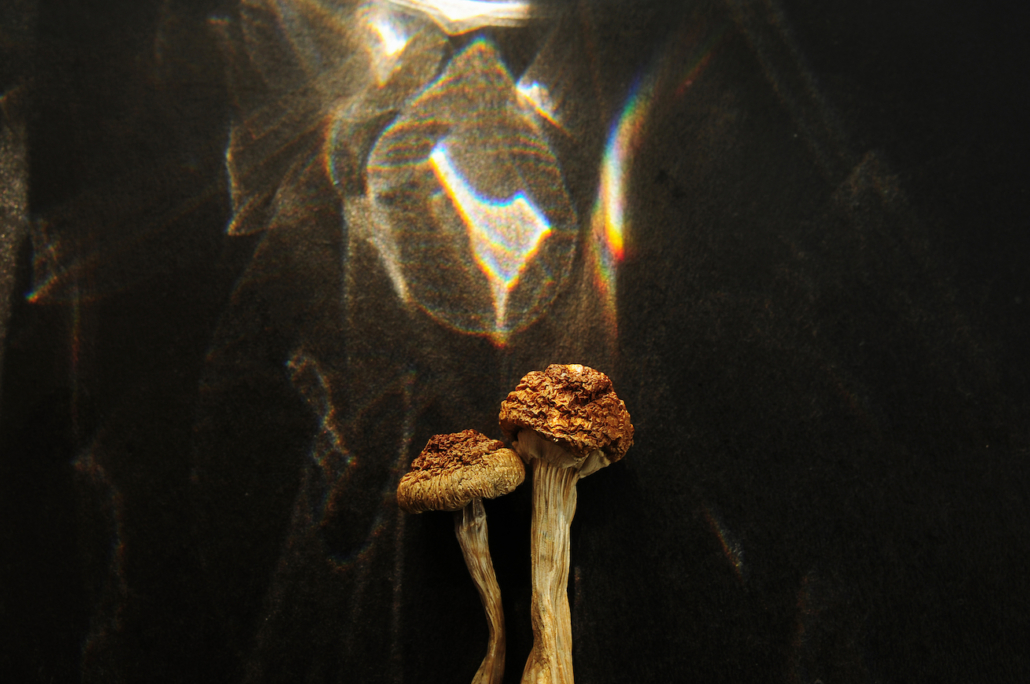
Different Approach Than Cannabis
People like to assume that the legalization of cannabis greased the skids for psychedelics, and it did to some degree. “But we made some bad choices,” says Plazola, who worked in the Oakland City Council office in the early 2000s when cannabis legislation was being considered and later lobbied for its legalization.
“We were acting from fear because we were just emerging out of the War on Drugs,” he says. Among the mistakes was setting early limits on the number of plants people could have, selling it as a taxation scheme for governments and a profiteering scheme for corporations, and establishing a new set of regulations for cannabis instead of nesting it into the existing regulatory framework.
“Those three things set up such a complicated and expensive process that we basically handed the keys to the emerging cannabis economy to venture capital and that was the final straw that broke the camel’s back — turning cannabis from the sacred plant it is to a full-blown commodity,” he says.
With entheogens, Plazola vowed, they would take a more compassionate approach through decriminalization. And as such, discourage limits and enable accessibility. “If we don’t set limits, then we enable local economy to emerge,” he says.
Growing Organically
The formula that proved effective in Oakland was quickly sought after by other groups looking to decriminalize entheogens in other U.S. cities. Decriminalize Nature Oakland, which evolved into Decriminalize Nature, readily turned over everything they had.
“We made a decision in the very beginning that whatever we did it would be in advancement of love and compassion. From a model of abundance,” he says. “So, when we were requested by groups to support them, we didn’t seek to monetize that interest or in any way profit from it. Instead, we just gave everything away, offered support, and tried to advance the energy behind the movement.” The organization shares its resolution on its website as a Word document so that anyone can use it and amend it.
Since then, Decriminalize Nature chapters have popped up across the country and have successfully pushed decriminalization efforts in seven cities and inspired some statewide initiatives.
Looking Ahead
Plazola is hopeful that the domino effect triggered by Decriminalize Nature will help break down the fear of these medicines and open minds and hearts to their potential.
“Fear causes a narrowing of the awareness and increasingly selfish behavior. But compassion allows us to care for others,” he says. “It is that expansive view [that entheogens offer] that enables compassion, and I believe it’s compassion that will save the world, not fear.”
Anyone interested in launching a Decimalize Nature chapter can contact the organization at decrimnature@gmail.com.
DECRIMINALIZATION TIMELINE
May 7, 2019 – Denver, Colorado, becomes the first U.S. city to decriminalize psilocybin after voters narrowly approve prohibiting the city from spending any resources to prosecute people and their use or possession.
June 4, 2019 – Oakland, California – 30 people testified to the city council about their prior experience with psilocybin. Unanimously voted to decriminalize psilocybin and peyote.
January 28, 2020 – Santa Cruz, California voted unanimously to decriminalize possession and cultivation of psilocybin.
September 21, 2020 – Ann Arbor, Michigan voted unanimously in favor of a resolution declaring the investigation or arrest of anyone for planting, cultivating, purchasing, transporting, distributing, engaging in practices with or possessing entheogenic plants or plant compounds to be the city’s lowest law enforcement priority.
November 3, 2020 – the District of Columbia passes initiative 81, the Entheogenic Plant and Fungus Policy Act of 2020. Effective March 15, 2021, decriminalized psilocybin, ayahuasca, and mescaline, making arrests for their possession or the use the lowest priority for police.
November 4, 2020 – State of Oregon became the first U.S. state to both decriminalize psilocybin and also legalize the therapeutic use after Ballot Measure 109 passes.
January 12, 2021 – Washtenaw County, Michigan decriminalizes entheogens
January 15, 2021 – City Council of Sommerville, Massachusetts voted unanimously to decriminalize possession of entheogenic plants, including psilocybin mushrooms and ibogaine.
February 12,m2021 – City Council of Cambridge, Massachusetts decriminalizes entheogens
April 1, 2021 – Northampton, Massachusetts decriminalizes entheogens


